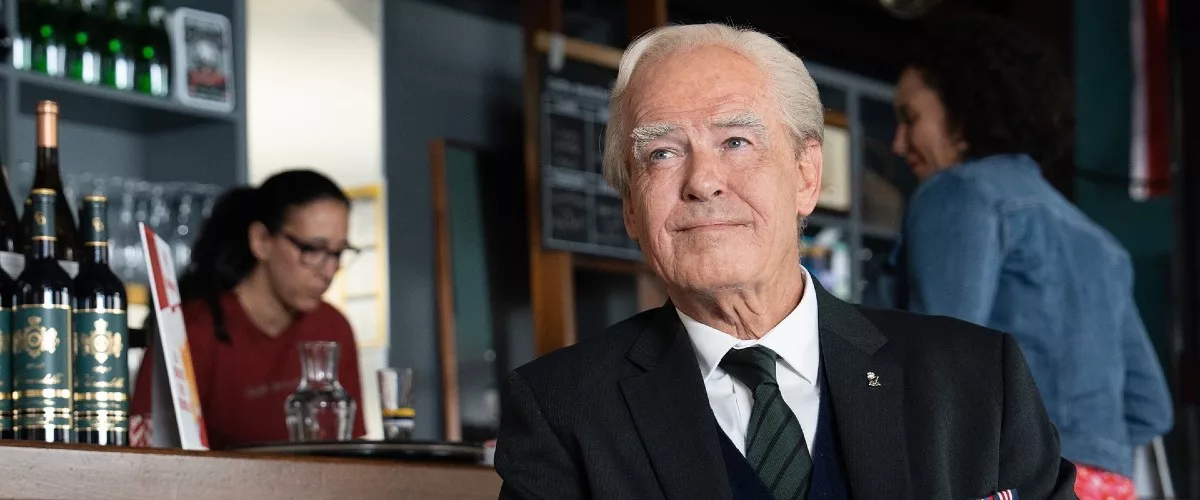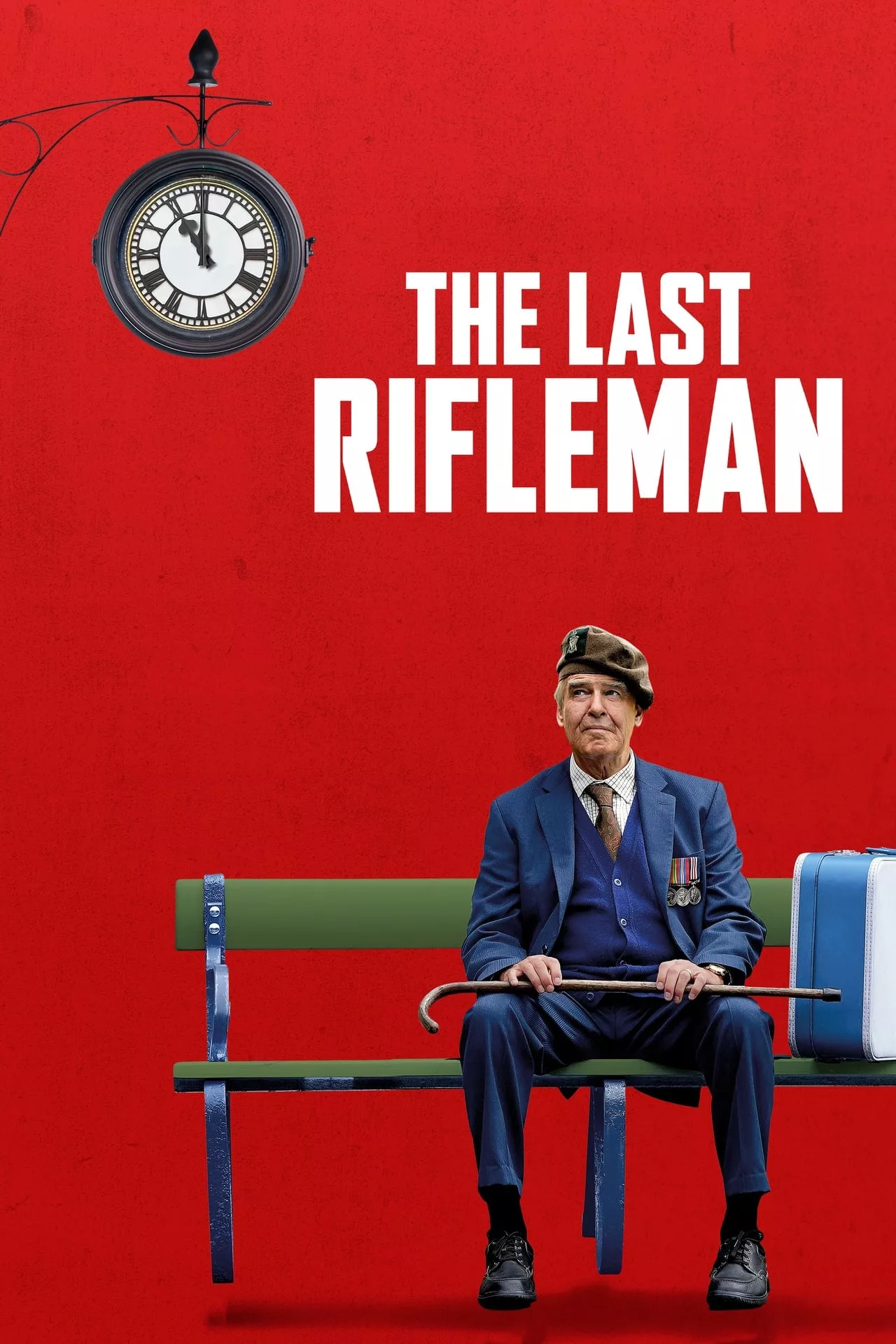In his 1992 biography of Dean Martin, Dino, Nick Tosches imagines his superstar subject, as his twilight years approach, thinking about a Sicilian expression: “La vecchiaia è carogna.” That is: “old age is carrion.”
Pierce Brosnan, the 71-year-old Irish actor who once incarnated a 20th-century epitome of manly derring-do in the person of James Bond, plays Artie Crawford, a 92-year-old resident of a Belfast old-age-care facility in “The Last Rifleman,” directed by Terry Loane from a script by Kevin Fitzpatrick. His situation as the movie begins is such that he might entertain thoughts similar to that of Tosches’ Dino. To make matters even worse, he suffers the loss of his wife early in the picture. What is there to do?
Well, there’s the 75th anniversary of the Allied invasion of France — known as D-Day to us Allies — that turned around the Second World War. Artie was, indeed, a rifleman with the British army in that significant event and he thinks it’d be splendid to attend the commemoration and maybe catch up with some of his old mates from the war. But he’s not permitted to leave the home. So, in the spirit of, I don’t know, Allied forces innovation, he makes a relatively bold escape that has both his keepers and his until-now-relatively-neglectful kin on his trail. A TV reporter picks up the slack on said trail, too. Because, of course, he does.
Because this is that kind of movie, there are also the Friends He Makes Along The Way involved. Like a chatty cab driver who discourses on the now-improved relations between Britain and Northern Ireland. And the headphone-wearing young Morricone fan on a bus who lets Artie listen to a famous passage from the score of “The Mission” on his cans. And, of course, the one-time enemy: A German soldier on a German bus Artie is obliged to board. Played by the great Jurgen Prochnow, the character offers a sort-of apology for the inhuman actions of Nazi soldiers. The great and recently departed John Amos shows up as an American vet of the Allied action.
There’s a lot of pleasure to be gleaned from watching these great performers. But it’s Brosnan who has to carry the movie, and he’s grand at it, playing older than his actual age without a wink on the one hand and without straining for pathos on the other. Despite Brosnan’s best efforts, this is a movie with its heart in the right place and its head somewhere substantially other. It leans on cliché in almost all of its aspects, including the soundtrack. I love the song “Don’t Fence Me In,” sure, who doesn’t, but since whoever rediscovered it, the tune has been subjected to nearly egregious and absolutely rote over-use. And so it goes.




















